Thalassemia may be too easy to overlook for those in the U.S., but it is an enormous global problem!
NOTE: Continuing Education credit for this episode has expired. See below for details.
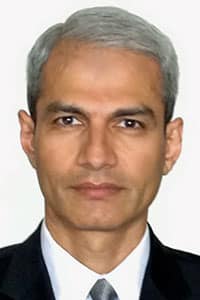
Dr. Sujit Sheth
How Bad is It?
Dr. Sujit Sheth, director of the New York Comprehensive Thalassemia Center in New York City, reports that “1.5% of the Earth’s population of humans carries a thalassemia mutation, at least one. That makes 80 to 90 million people!” Thalassemia differs from sickle cell disease in many ways, but both are a major international cause or morbidity and (sadly) mortality). It is essential that those involved in transfusion of this global disease understand the basic pathophysiology of thalassemia, as well as details surrounding care of those patients who become transfusion-dependent.
Expert Guidance
In this interview, Dr. Sheth describes what you need to know about thalassemia. He takes special care to help us understand what those caring for patients with thalassemia are targeting when they are making transfusion decisions. The more those of us involved in providing transfusions know about this potentially devastating disease, the more we can help.

Dr. Sujit Sheth
How Bad is It?
Dr. Sujit Sheth, director of the New York Comprehensive Thalassemia Center in New York City, reports that “1.5% of the Earth’s population of humans carries a thalassemia mutation, at least one. That makes 80 to 90 million people!” Thalassemia differs from sickle cell disease in many ways, but both are a major international cause or morbidity and (sadly) mortality). It is essential that those involved in transfusion of this global disease understand the basic pathophysiology of thalassemia, as well as details surrounding care of those patients who become transfusion-dependent.
Expert Guidance
In this interview, Dr. Sheth describes what you need to know about thalassemia. He takes special care to help us understand what those caring for patients with thalassemia are targeting when they are making transfusion decisions. The more those of us involved in providing transfusions know about this potentially devastating disease, the more we can help.
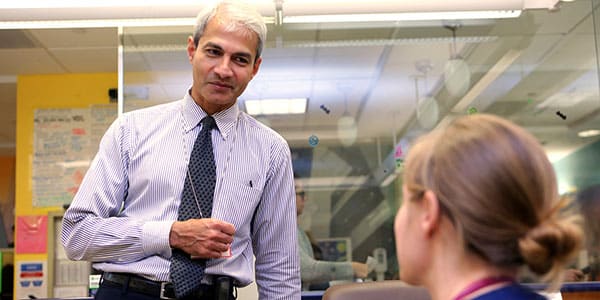
About My Guest:
Sujit Sheth, MD is a Professor of Clinical Pediatrics and Chief of the Division of Pediatric Hematology and Oncology at Weill Cornell Medical College in New York. He was trained in India, both at the University of Bombay and the College of Physicians and Surgeons in Bombay (now Mumbai). Dr. Sheth has long been passionate about the care of patients with hematologic disorders, especially those requiring transfusion therapy. He is the Director of the New York Comprehensive Thalassemia Center of Weill-Cornell Medicine, one of the largest comprehensive thalassemia programs in the United States.
Continuing Education Expired
This podcast episode offered continuing education credit for two years from its release date, but is no longer eligible for such credit.
There are currently no episodes of Blood Bank Guy Essentials eligible for continuing education credit, but check back soon!
DISCLAIMER: The opinions expressed on this episode are those of my guest and I alone, and do not reflect those of the organizations with which either of us is affiliated. Neither Dr. Sheth nor I have any relevant financial disclosures.
The images below are generously provided by Dr. Sujit Sheth.
Further Reading:
- Guidelines for transfusion management in thalassemia (Cooleys Anemia Foundation website)
- Overview of thalassemias: Taher AT et al. β-Thalassemias. New Engl J Med 2021;384:727-743
- Broader management review for thalassemias: Khandros EK and Kwiatkowski JL. Beta Thalassemia: Monitoring and New Treatment Approaches. Hematol Oncol Clin North Am. 2019 Jun;33(3):339-353.
Thanks to:
- Dr. Daniela Hermelin, Associate Editor; Follow Daniela on Twitter for fantastic #blooducation!
- Samantha Chaffin, Design and content consultant
Music Credit
Music for this episode includes “Cuando te invade el temor” and “Reflejo,” both by Mar Virtual via the Free Music Archive. Click the image below for permissions and license details.

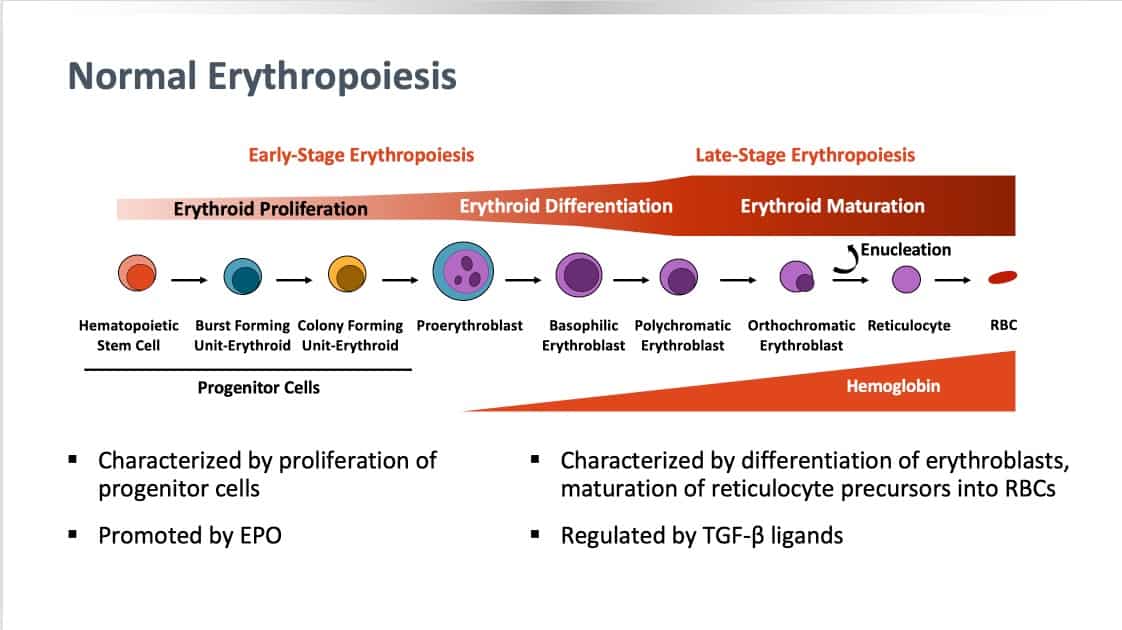
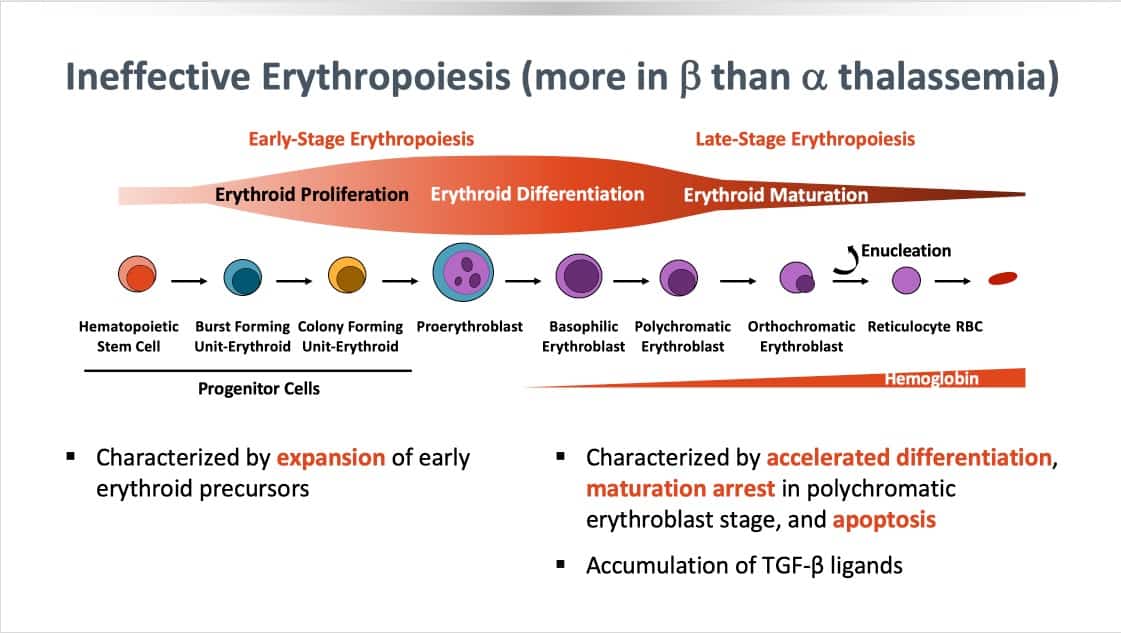
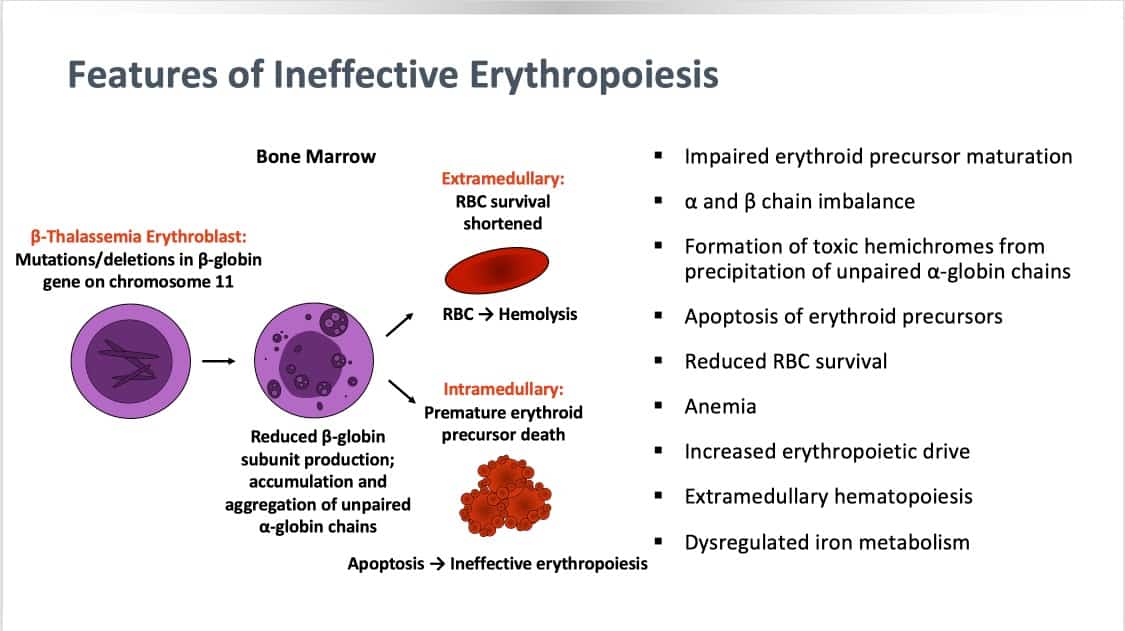
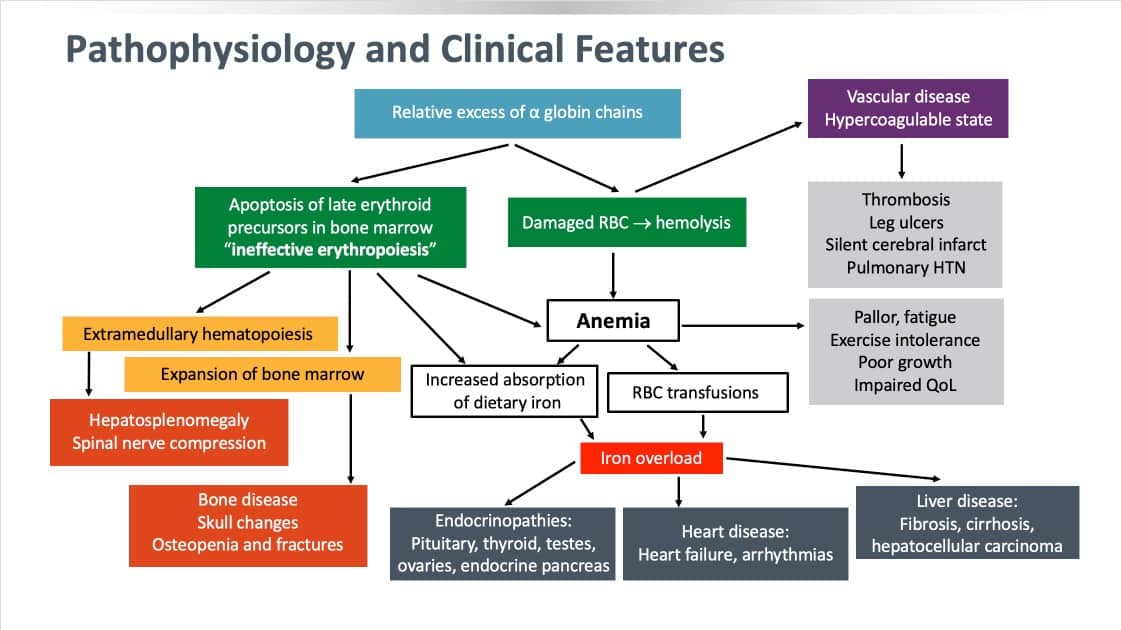
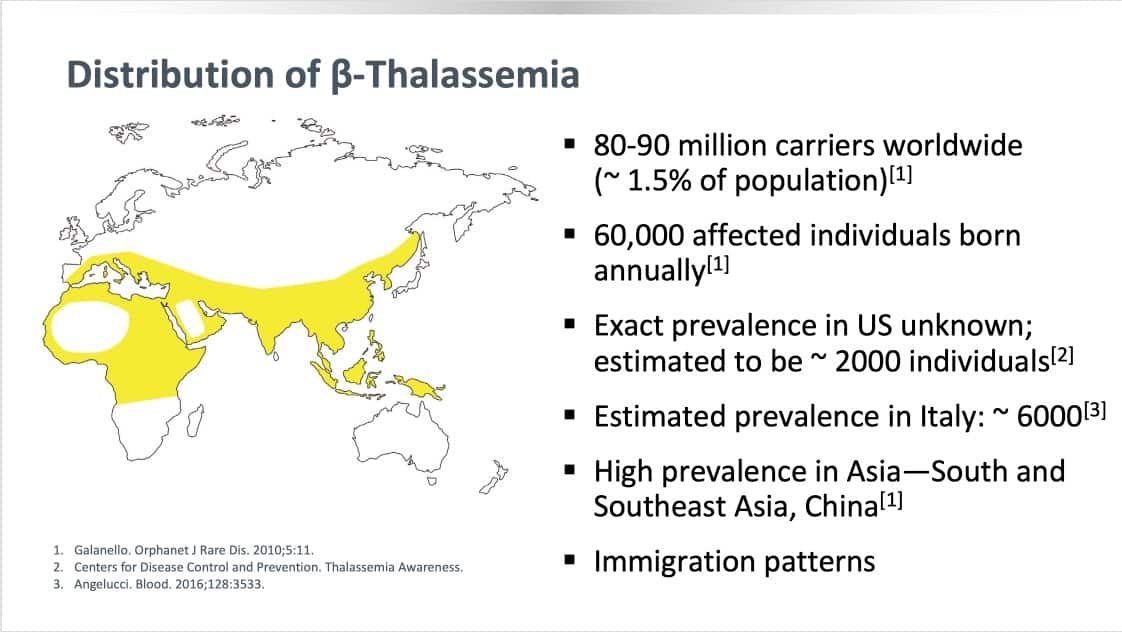
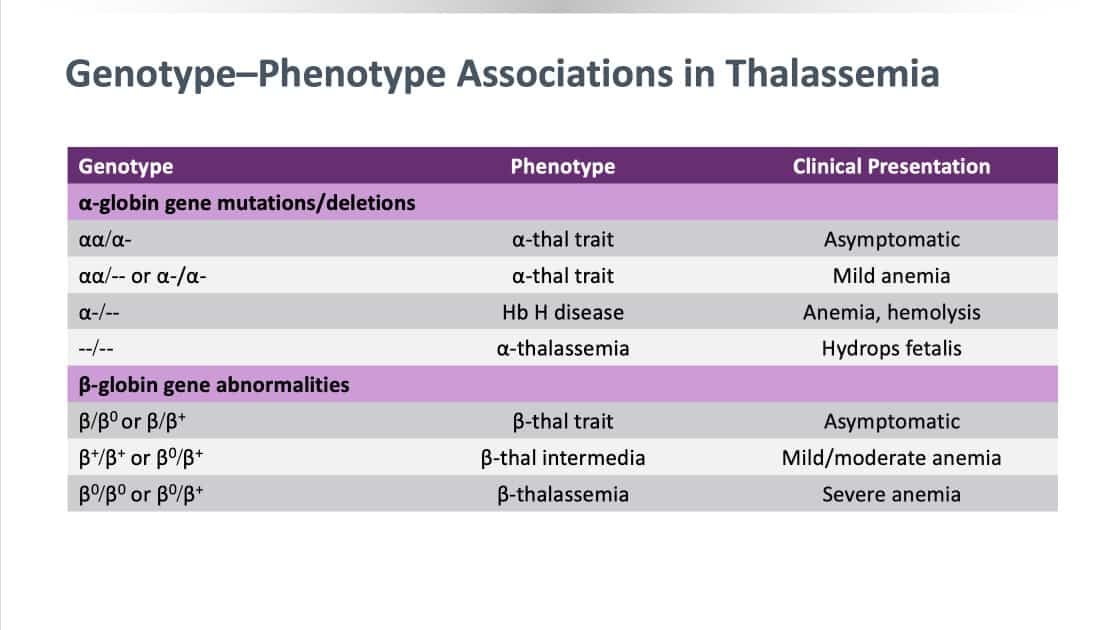



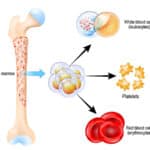

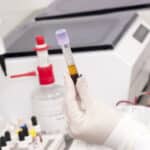



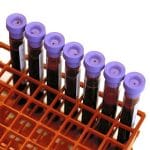

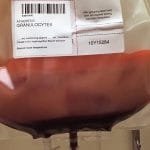
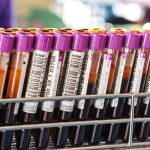
Hello Dr. Sheath and Dr. Chaffin,
One of the CME questions asks about novel Thalassemia treatments and one one of the options was for “Medications that promotes erythropoiesis and reduce transfusion requirements”. How does those medications help since the erythropoiesis is ineffective in Thalassemia?
If that refers to Luspatercept, then I feel the statement is inaccurate or misleading since the drug allows normal differentiation of red cells specifically and not erythropoiesis in general.
I love blood bank guys.
You are just perfect.
Please can you make video on ascp passed assessment on blood bank?
Erythropoiesis is ineffective in thalassemia, but not completely so. Patients still make some red blood cells. IE is primarily due to a block in maturation and differentiation which is addressed by luspatercept. Yes, the drug does improve erythropoiesis, because it allows more effective maturation and differentiation. Keep in mind that erythropoiesis has 2 phases, proliferation and maturation. Affecting either phase still is considered affecting erythropoiesis.
Hello,
Is CD20 useful for this population?
Immune mediated hemolysis is not a component of the anemia for most individuals, ineffective erythropoiesis is the main issue. Therefore, an anti-CD20 approach would not address an underlying pathophysiologic mechanism. However, in individuals with thalassemia who have significant chronic immune mediated hemolysis, with auto- or allo- antibodies, rituximab may be used after other approached have been unsuccessful.